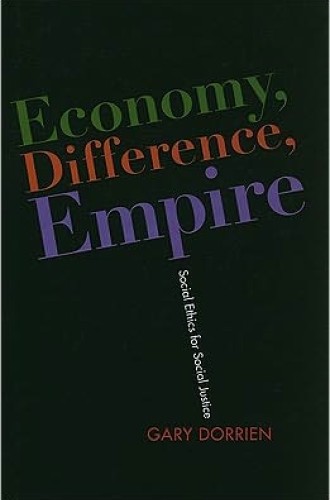Past progressives
These are troubling times for the defenders of liberal Christian ethics. Amid a world that seems to be dominated by Tea Partiers and Fox News commentators—and by attacks on labor unions, immigrants and the poor—it is easy to forget that there was a time when liberal Christianity mattered in America. There was a time when Christian liberal theologians had the power to change the course of public opinion; when politicians turned to them for guidance about economics, foreign policy and war; and when the outcomes of elections rested on a candidate's ability to champion principles of Christian social justice. It is easy to forget that there was a time when being progressive was a criterion for public office rather than a damning political epithet.
In Economy, Difference, Empire, Gary Dorrien reminds us of that time with power and poignancy. Through a collection of 19 essays, the gifted social ethicist not only explores the origins and heights of the social justice movement in American liberal Christianity but studies its challengers and traces its decline. Dorrien, professor of social ethics at Union Theological Seminary and professor of religion at Columbia University, wrote the essays for presentation in various contexts over the course of two decades. Some were historical lectures; others were opinion pieces; still others were academic biographies. Together they cohere into not only a powerful account of what once was but an intriguing reminder of what still might be.
According to Dorrien, Christianity has always had a social mission rooted in the New Testament message of justice for the poor and the vulnerable, "but the idea that Christianity has a social mission to transform the structures of society in the direction of social justice is distinctly modern." Having forerunners in the Christian abolitionist movement, this idea did not fully take hold in the United States until the late 19th century with the emergence of influential Protestant ministers such as Washington Gladden and Walter Rauschenbusch.





